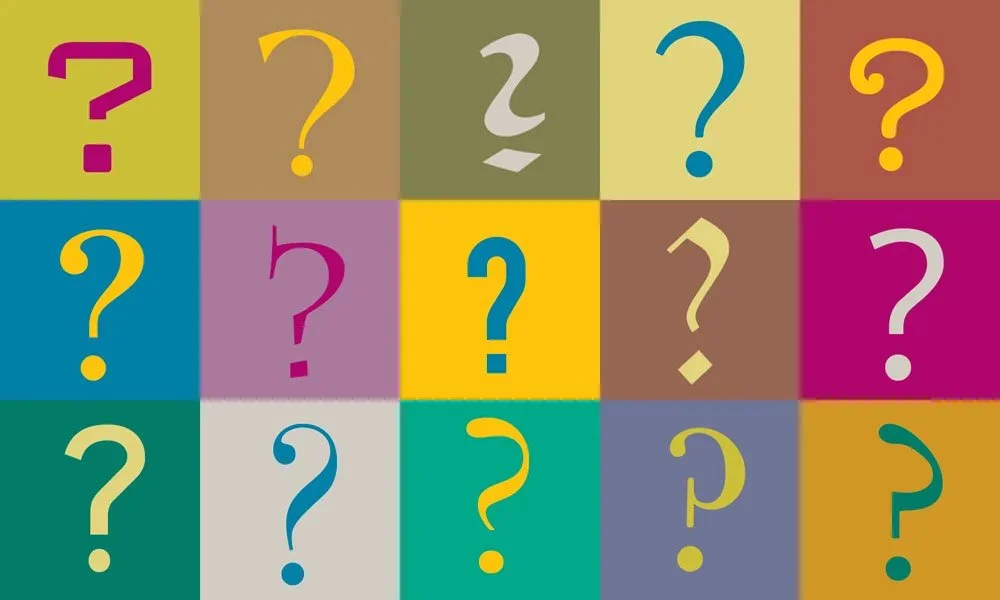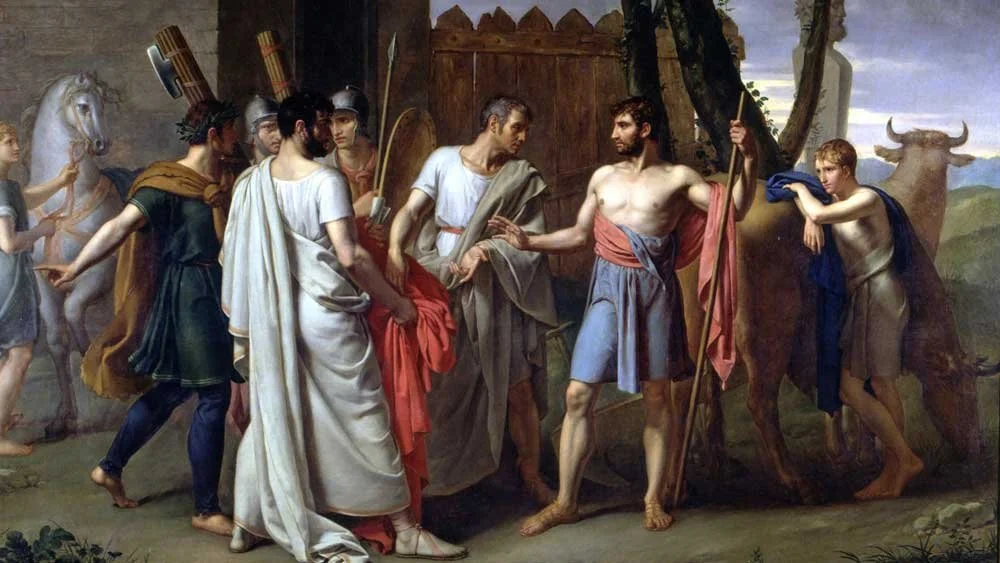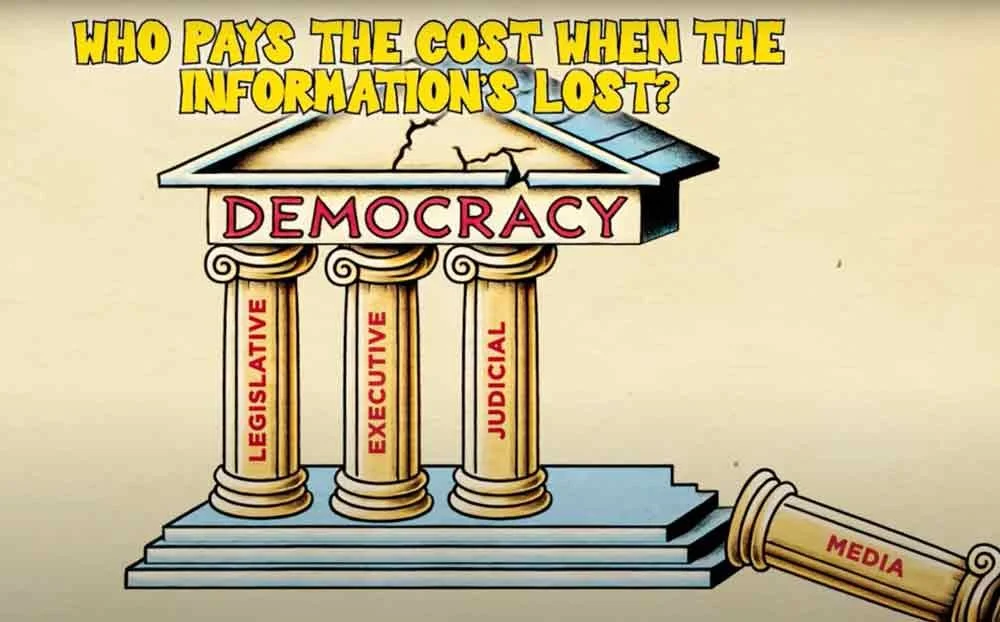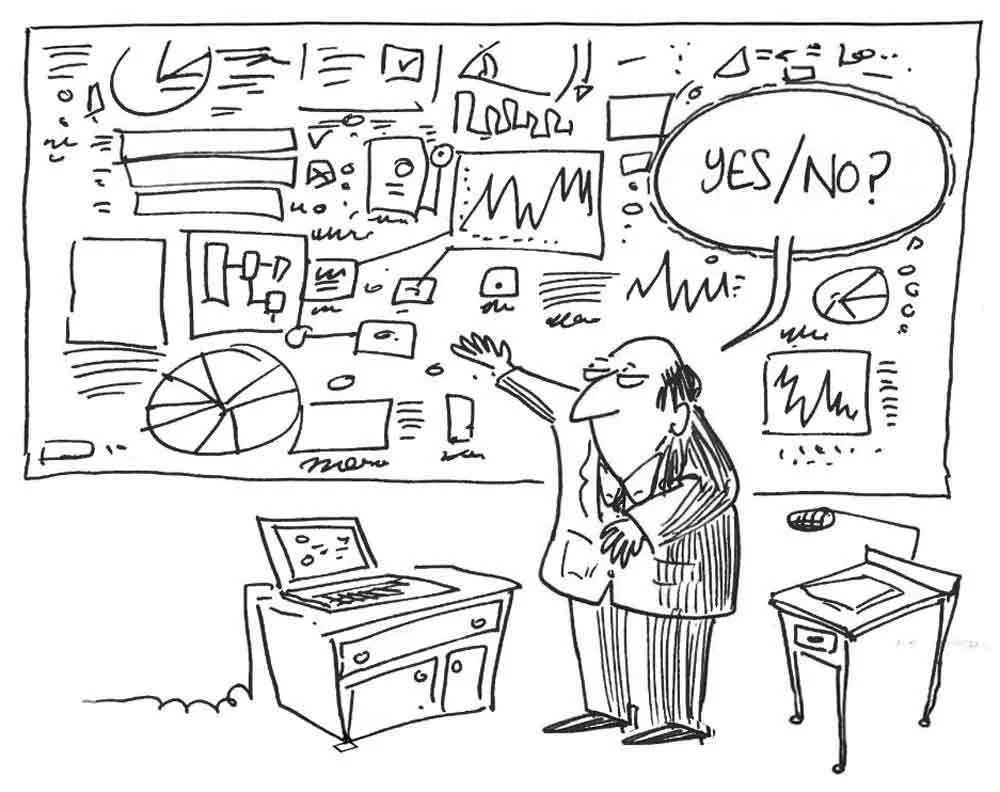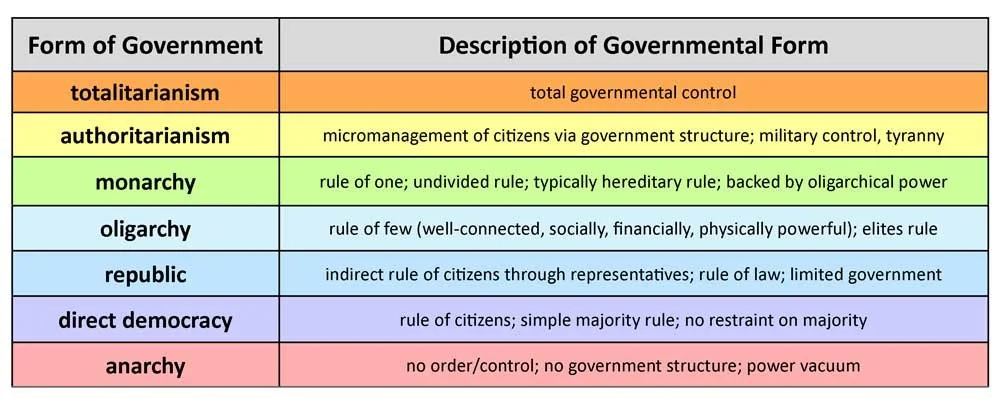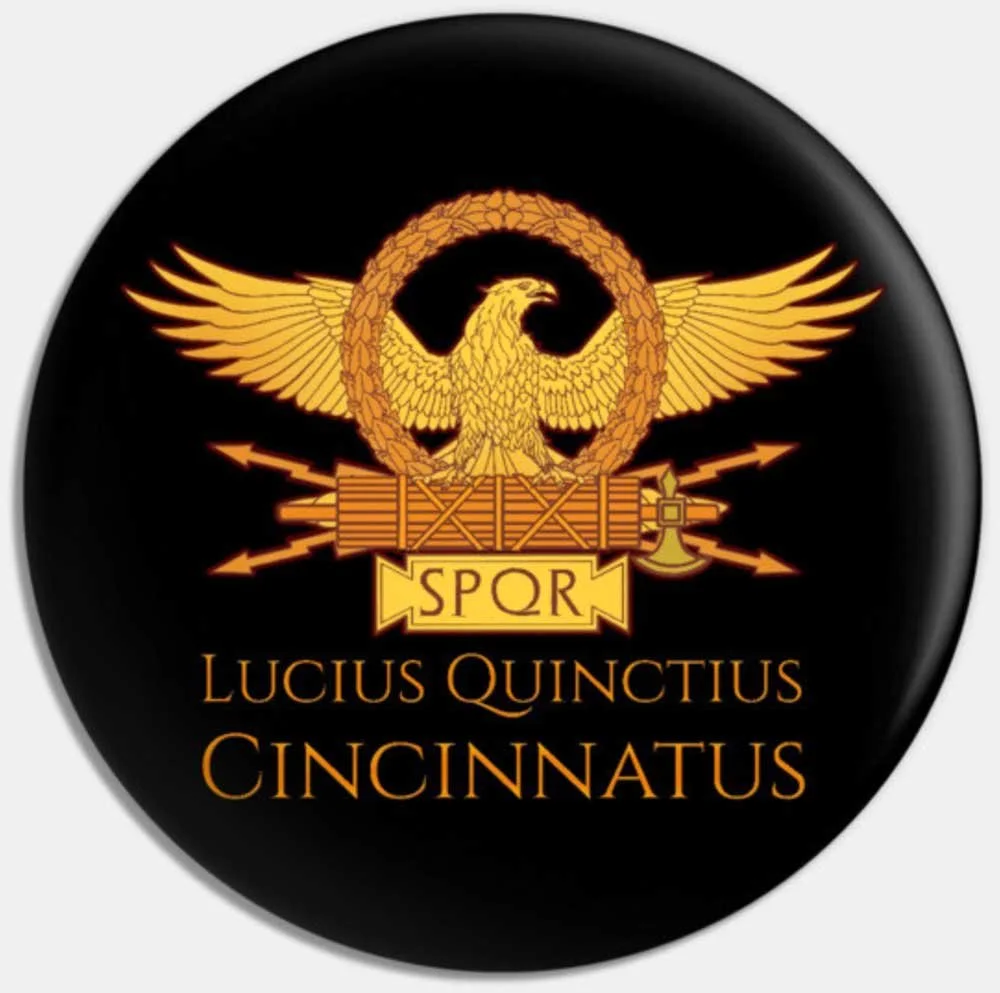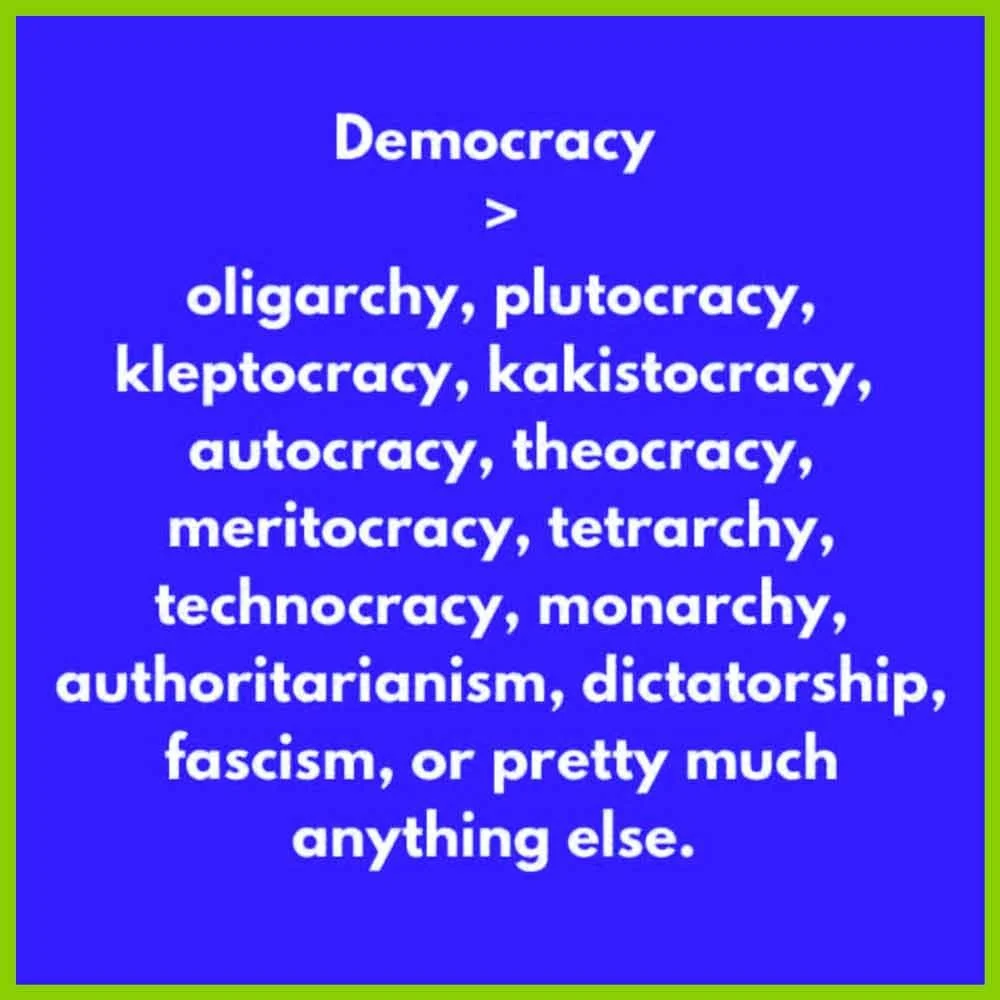Has there ever been a good dictator?
Who is Cincinnatus?
What’s a dictator?
What might a “benevolent” dictator be?
What does a democracy protect against?
How does a “free press” support democracy (and combat dictatorship)?
Why might people want a dictator to rule?
What is a “coup”? (Hint: Many, perhaps most, coups are “military coups.”\
Who do dictators give power to? (Hint: They surround themselves with what kinds of people!)
Dictators often create a “cult of personality.” What’s that?
Are most dictators like Cincinnatus?
• Read •
Has there ever been a good dictator?
The Legend of Cincinnatus
According to legend, the ancient Roman statesman Cincinnatus was plowing his fields when news arrived that the Aequi, Rome’s powerful enemy to the east, had invaded. Rome was in need of swift, decisive action, and the senate had chosen him to serve as dictator, with absolute power over the military and government.
Cincinnatus set down his plow, took control, and in a matter of weeks, saved Rome.
Democracy
This story reinforces the myth of the “benevolent dictator”—the idea of a leader who holds absolute power yet only uses it for the common good, to solve problems quickly, and to create a fair government.
But can a truly benevolent dictator exist in today’s world?
• Sir Richard Branson, founder of the Virgin Group
• The Virgin Group includes Virgin Airlines and Virgin Galactic
Nations created modern democracies to protect against the dangerous decisions of a single ruler.
A free press also helps by holding politicians accountable and encouraging people to stay involved in their government and communities.
When working correctly, democracies help a society be freer and more stable by protecting against corruption and abuse of power. This is done through regular, free, and fair elections, term limits, and strong law-making bodies and courts.
Dictatorship
In a dictatorship, one person holds total or nearly total power. That person can force their own ideas on society.
Sometimes, the idea of a dictator can seem appealing—especially when a democracy isn’t working well because of corruption, economic trouble, or intense political fighting. During these times, people may give up some rights and freedoms in hopes of a better future.
Authoritarian-leaning leaders often claim they alone can fix everything.
They turn complex problems into simple slogans and promise quick solutions.
• Complex problems may not have simple solutions.
Some leaders used military power to take control through coups.
Gaddafi at first claimed to be a hero for the people. He even canceled unfair oil deals with other countries. But the longer he ruled, the more paranoid he became.
MY WAY IS BEST
Gaddafi began attacking opponents. He carried out violent campaigns against ordinary people and built a huge personal fortune.
Other modern dictators started out being elected.
Then, they slowly gained more control by turning away from democracy and embracing authoritarian rule. Italy’s Benito Mussolini and Germany’s Adolf Hitler rose to power during hard times. They turned people’s anger into racist beliefs and supported fascism—a type of rule that says one nation or race is better than all others.
Once in power, such leaders removed judges, canceled term limits, and refused to accept election losses.
Consequences
Because dictators punish people who disagree with them, they often surround themselves with yes-men—people who only tell them what they want to hear. These leaders give jobs to loyal friends instead of experts, often causing huge damage to a country’s economy, society, and environment.
Dictators also work hard to hide problems.
They create a “cult of personality,” using positive stories and limiting bad news to make themselves look strong and heroic. This makes it hard to know how successful they really are. For example, people say Mussolini made Italy’s trains run on time—but anyone who disagreed with him could be punished, so it’s hard to know what was true.
While a few dictators brought some economic growth to their countries, most helped only the rich and left destruction behind. Even so-called “nice” dictators, who weren’t violent, often limited people’s rights and censored the news.
Conclusion
Back to ancient Rome. The most important part of Cincinnatus’s story is not that he held total power—but that he gave it up after just 16 days. Once Rome was safe, he stepped down and went back to his farm.
• Cincinnatus’ full name was Lucius Quinctius Cincinnatus.
His willingness to return power to the senate was just as important as saving the city. In real life, no modern dictator has lived up to this ideal. Dictators don’t walk away from power. They want more.
That’s why we must protect the systems that keep leaders in check. If we’re not careful, even strong democracies can fall into the hands of dangerous rulers.
Absolute (adj.) – Total; having complete control or power.
Accountable (adj.) – Responsible for your actions and decisions.
Authoritarian (adj.) – Favoring strong, central control and limited freedom for individuals.
Benevolent (adj.) – Kind and caring; wanting to do good.
Censorship (n.) – The control of what people can say, write, or see.
Citizens (n.) – People who belong to and have rights in a country.
Corruption (n.) – Dishonest or illegal behavior, especially by powerful people.
Coup (n.) – a sudden, violent, and unlawful seizure of power from a government.
Democracy (n.) – A form of government where people have power and vote for leaders.
Dictator (n.) – A ruler who has complete power over a country.
Dictatorship (n.) – A government ruled by a single person with total power.
Discontent (n.) – Unhappiness or dissatisfaction with a situation.
Dissent (n.) – Disagreement, especially with those in power.
Fascism (n.) – A political system that puts one nation or race above others and takes away freedoms.
Heroic (adj.) – Brave and noble, like a hero.
Paranoia (n.) – An unreasonable fear that others are out to get you.
Polarization (n.) – When people are divided into very different, often opposing, groups.
Press (n.) – News media like newspapers, TV, or websites.
Propaganda (n.) – False or one-sided information used to influence people’s beliefs.
Relinquish (v.) – To give up something, especially power or control.
Whim (n.) – A sudden or unpredictable idea or decision.
► COMPREHENSION QUESTIONS
— please answer with complete sentences
Who is Cincinnatus?
What’s a dictator?
What might a “benevolent” dictator be?
What does a democracy protect against?
How does a “free press” support democracy (and combat dictatorship)?
Why might people want a dictator to rule?
What is a “coup”? (Hint: Many, perhaps most, coups are “military coups.”\
Who do dictators give power to? (Hint: They surround themselves with what kinds of people!)
Dictators often create a “cult of personality.” What’s that?
Are most dictators like Cincinnatus?
► From EITHER/OR ► BOTH/AND
► FROM Right/Wrong ► Creative Combination
THESIS — Argue the case that we need more benevolent dictators — Lucius Quinctius Cincinnatus — to get important things done and done quickly!
ANT-THESIS — Argue the case that dictators are never a good idea.
SYN-THESIS — How might these two perspectives be brought together?

